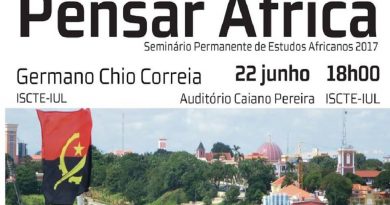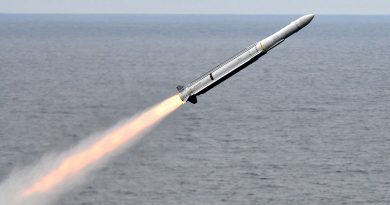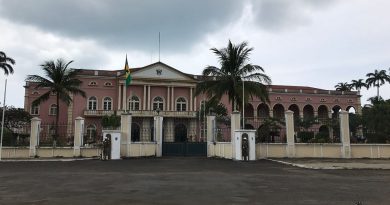10 Things to Read about Mário Soares, the Socialist Party, and Portugal’s Foreign Relations
1. Portugal’s Struggle for Liberty (Portugal Amordaçado) (1972)
Written by Mario Soares while in exile, and initially published in French language in 1972 under the title Portugal Bailloné – Un Témoignage, this book constituted an important testimony about the fascist regime, shaping foreign public opinion about the Portuguese struggle, and fight against authoritarianism.
2. Mário Soares e a Revolução (2013)
David Castaño’s book used a historical approach to explain the role played by Mario Soares in the successful Portuguese democratic transition, and how a disintegration of the State was avoided, in spite of efforts carried out by extreme left-wing radicals and a marxist-leninist party.
3. Os partidos socialistas e as transições democráticas europeias: a transição portuguesa como lição para a Revolução Europeia de 1989 (2014)
Authored by Ana Mónica Fonseca in 2014, this paper analyses the strategy of the Socialist International (SI) (an association of democratic socialist political parties) during the Portuguese democratic transition, as well as the impact of the latter in future transition scenarios for the organization. This paper focuses on the German Social Democratic Party, whose leader (and future SI President) Willy Brandt met with Mário Soares following the Carnation Revolution, in a historic event.
4. Mário Soares e a Europa: retaguarda e horizonte (2014)
Dina Sebastião’s article focuses on Mário Soares political path and relationship with Europe from 1960 to 1976. The main argument of the author is that Europe assumed both a horizon and background role as a project of unity for Portugal, which would culminate with the officialization of the Socialist Party’s European option for Portugal, during the 1976 elections.
5. ‘A practical test in the détente’: International support for the Socialist Party in the Portuguese Revolution (1974–1975) (2014)
The main focus of this 2014 work are the international ties that would allow the Mário Soares-led Socialist Party to accumulate foreign support during the Summer of 1975. Simultaneously, in the context of the Conference on Security and Cooperation in Europe, Portugal would be presented to various actors as an assessment for the ‘climate of the détente’.
6. Open the Pandora’s box: Mário Soares and the decolonization (2012)
David Castaño analyzes the role played by Mário Soares as Portugal’s Foreign Minister, as the country takes its first steps towards decolonization. According to the author, his actions would accelerate that process, defuse tensions between Spínola and the Armed Forces Movement, and turn the Guinean case into a model for the remaining territories.
7. As transições do séc. XX (2002)
Written by Mário Soares, this 2002 study addresses Portugal’s old and rich experience in matters of international relations, focusing on the foreign policy of the Estado Novo, the country’s democratic transition in 1974, and the changes that followed the revolution.
8. A ‘Europa Connosco’: os trabalhistas ingleses e o pedido de adesão de Portugal às Comunidades Europeias (2012)
António Simões do Paço’s work is centered around Mário Soares’ request, in 1977, to join the European Communities (EC), which was supported by the United Kingdom’s (UK) Labor government. The submission, accepted by the EC in hopes to foment the consolidation of the democratic regime, would be fought by France, and force the UK and West Germany to defend the Portuguese case.
9. As relações externas da transição para a democracia (2000)
According to António José Telo, the change of the Portuguese position in the world following the fall of the Estado Novo regime would only find recent comparison with the independence of Brazil at the start of the XIX century. As such, the author addresses the period following the Carnation Revolution until Portugal’s formal request to join the ECC in March, 1977. Telo focuses on three different dimensions, namely decolonization, democratization, and Europe, where Mário Soares emerged as key player.
10. Transnational Party Activity and Portugal’s Relations with the European Community (1996)
Juliet Antunes Sablosky’s paper analyzes the role played by the European Communities during Portugal’s transition to democracy. By means of studying the relationship of the PS with other European socialist parties, Sablosky argues that transnational party activity affected both EC policy-making regarding Portugal, and the country’s domestic political system.
Mário Soares in 1989. Photo by Paulo Corceiro (cropped) / CC BY 2.0
![]() This work is licensed under a Creative Commons Attribution-NonCommercial-ShareAlike 4.0 International License.
This work is licensed under a Creative Commons Attribution-NonCommercial-ShareAlike 4.0 International License.




